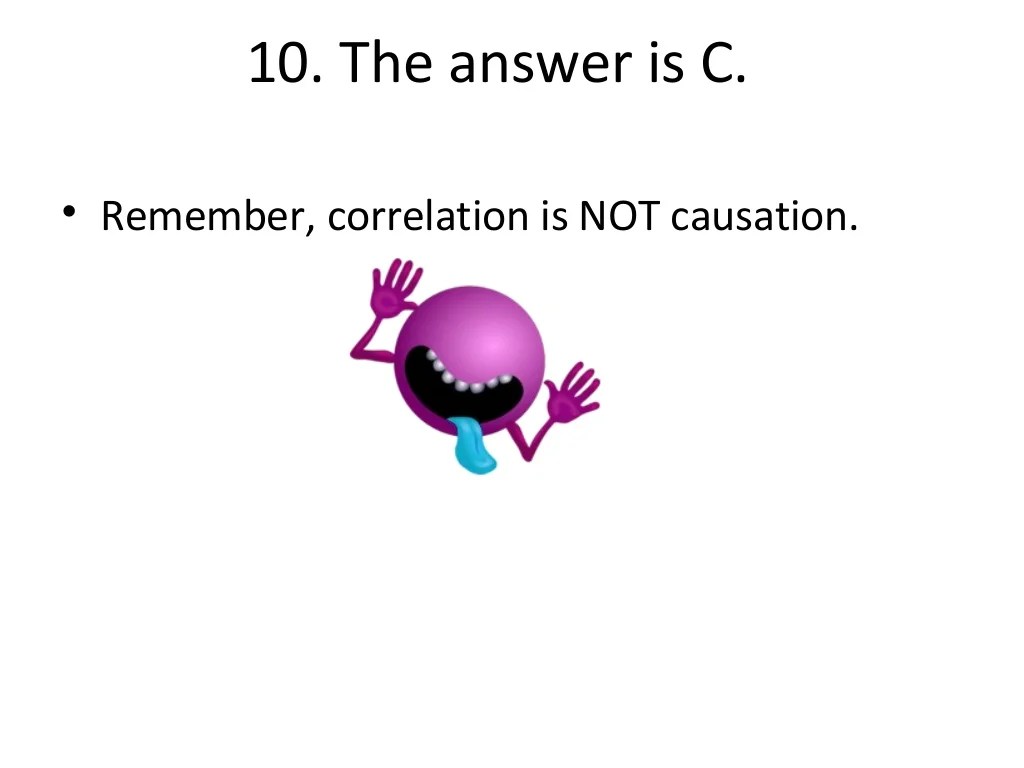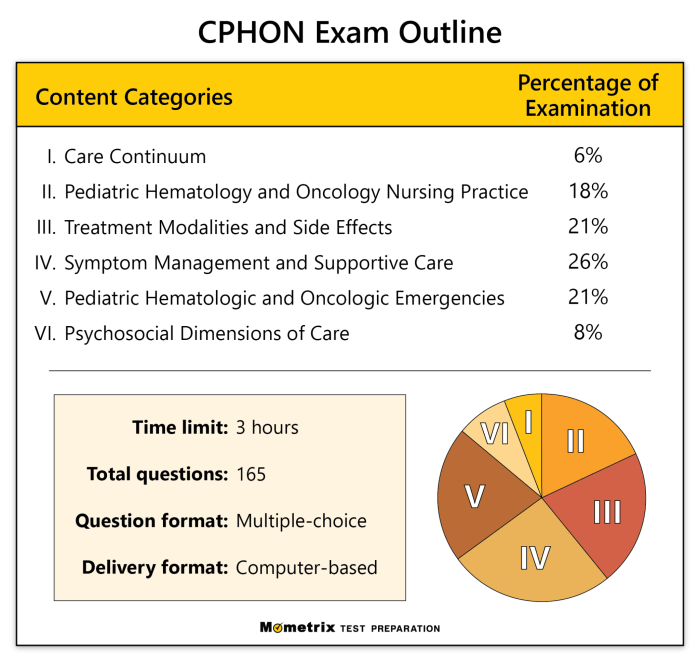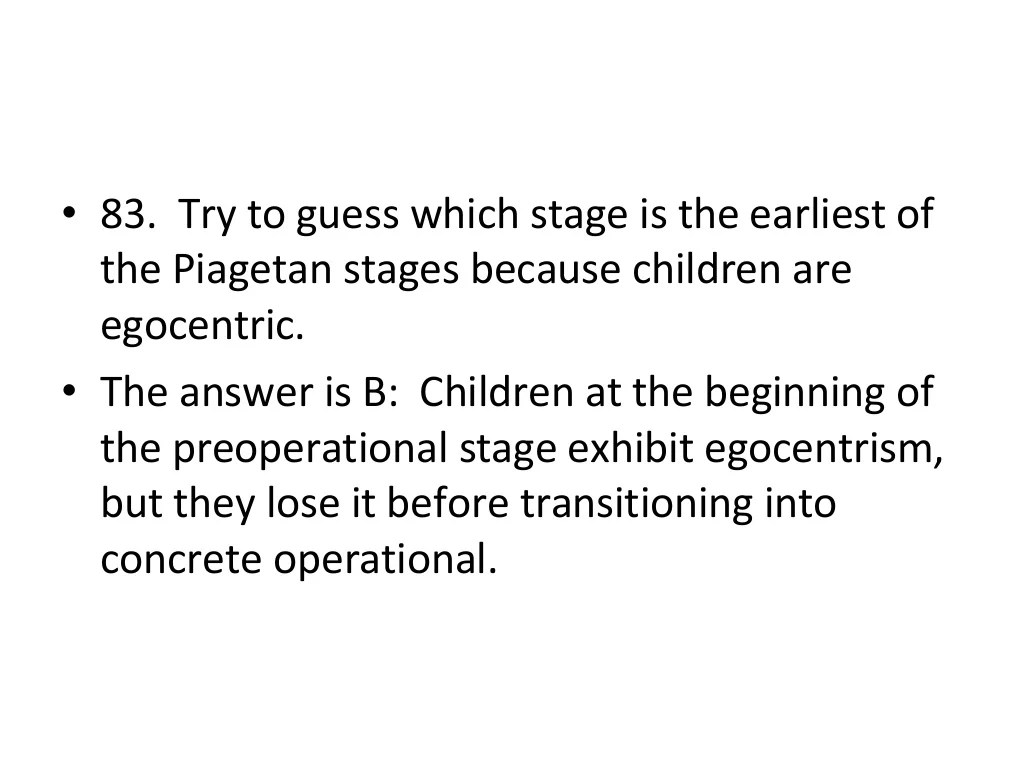Step into the realm of aptitude testing with Aphon Test Questions and Answers, an invaluable resource that empowers you to conquer any assessment with confidence. Dive into a world of verbal, numerical, and logical reasoning challenges, unveiling the secrets to success and maximizing your potential.
Delve into the depths of aptitude test preparation strategies, uncovering effective techniques to enhance your cognitive abilities. Practice makes perfect, and we’ll guide you through the essential practice tests and mock exams, ensuring you’re fully equipped to tackle any test with ease.
Aptitude Test Questions and Answers

Aptitude tests are designed to assess an individual’s cognitive abilities and potential for success in various fields. They are commonly used by employers, educational institutions, and other organizations to evaluate candidates for jobs, academic programs, and other opportunities.
Aptitude tests typically include a range of question types that measure different cognitive skills, such as verbal reasoning, numerical reasoning, logical reasoning, and spatial reasoning. Each question type assesses a specific set of abilities, and the overall score provides an indication of an individual’s overall aptitude.
Verbal Reasoning Questions and Answers
Verbal reasoning questions assess an individual’s ability to understand and interpret written language. These questions may involve identifying the main idea of a passage, drawing inferences, or evaluating arguments.
- Example Question:Identify the main idea of the following passage: “The world is a complex and interconnected system. Everything we do has an impact on the environment, and the environment in turn has an impact on us. It is important to be aware of these interconnections and to make choices that minimize our negative impact on the planet.”
- Answer:The world is a complex and interconnected system, and our actions have consequences for both the environment and ourselves.
Numerical Reasoning Questions and Answers
Numerical reasoning questions assess an individual’s ability to understand and work with numbers. These questions may involve solving mathematical problems, interpreting data, or making predictions based on numerical information.
- Example Question:A company’s sales increased by 10% in the first quarter and by 5% in the second quarter. What is the percentage increase in sales over the two quarters combined?
- Answer:15.5%
Logical Reasoning Questions and Answers
Logical reasoning questions assess an individual’s ability to think logically and solve problems. These questions may involve identifying patterns, drawing conclusions, or evaluating arguments.
- Example Question:All dogs are mammals. All mammals have fur. Therefore, all dogs have fur.
- Answer:True
Spatial Reasoning Questions and Answers
Spatial reasoning questions assess an individual’s ability to visualize and manipulate objects in space. These questions may involve rotating objects, identifying shapes, or solving puzzles.
- Example Question:Which of the following shapes can be folded into a cube?
- Answer:A net of a cube
Aptitude Test Preparation Strategies

Aptitude tests are designed to assess an individual’s cognitive abilities, such as verbal reasoning, numerical reasoning, and logical reasoning. These tests are commonly used by employers and educational institutions to evaluate candidates for various positions or programs.
Preparing effectively for aptitude tests is crucial to maximizing performance. Here are some strategies to help you enhance your skills and achieve success:
Verbal Reasoning
- Expand Vocabulary:Read widely, use dictionaries, and learn new words regularly.
- Practice Comprehension:Read articles, passages, and news to improve your understanding and analysis skills.
- Develop Critical Thinking:Engage in discussions, debates, and problem-solving activities to sharpen your reasoning abilities.
Numerical Reasoning
- Master Basic Math:Ensure proficiency in arithmetic operations, percentages, ratios, and algebra.
- Solve Word Problems:Practice interpreting and solving real-world mathematical problems.
- Enhance Mental Math Skills:Improve your ability to perform calculations without a calculator.
Logical Reasoning
- Understand Logical Concepts:Familiarize yourself with concepts such as deductive and inductive reasoning, syllogisms, and analogies.
- Practice Deductive Reasoning:Analyze premises and draw logical conclusions.
- Improve Inductive Reasoning:Identify patterns and make generalizations based on observations.
Importance of Practice Tests and Mock Exams
Practice tests and mock exams are invaluable tools for preparing for aptitude tests. They provide:
- Familiarization with Test Format:Gain a thorough understanding of the test structure, question types, and time constraints.
- Skill Assessment:Identify areas where you excel and areas that require improvement.
- Time Management Practice:Develop effective time management strategies to allocate time wisely during the actual test.
- Stress Reduction:By simulating the test environment, practice tests help reduce anxiety and increase confidence.
Aptitude Test Scoring and Interpretation: Aphon Test Questions And Answers

Aptitude tests are scored and interpreted using various methods, depending on the specific test and its purpose. The scores are typically reported in different formats, such as percentile ranks, standard scores, or raw scores.
Percentile Ranks
Percentile ranks indicate the percentage of test takers who scored below a particular score. For example, a percentile rank of 75 means that 75% of test takers scored below that score.
Standard Scores
Standard scores are calculated by subtracting the mean (average) score from the raw score and then dividing the result by the standard deviation. This process converts raw scores into a standardized scale, allowing for comparisons across different tests.
Raw Scores
Raw scores are the number of correct answers or points earned on the test. Raw scores are not directly comparable across different tests, as they depend on the difficulty of the test.
Factors Affecting Aptitude Test Scores
Several factors can affect aptitude test scores, including:
- Cognitive abilities: Aptitude tests measure specific cognitive abilities, such as verbal reasoning, numerical reasoning, and spatial reasoning.
- Test-taking skills: Some individuals have better test-taking skills than others, which can affect their performance on aptitude tests.
- Motivation and effort: Individuals who are motivated and put in the effort to prepare for aptitude tests tend to score higher.
- Test anxiety: Test anxiety can interfere with an individual’s ability to perform well on aptitude tests.
- Cultural and socioeconomic factors: Cultural and socioeconomic factors can influence an individual’s access to educational opportunities and resources, which can impact their aptitude test scores.
Aptitude Test Applications

Aptitude tests are widely used in various industries and professions to assess individuals’ cognitive abilities and potential for success in specific roles.
These tests provide valuable insights into candidates’ strengths and weaknesses, helping organizations make informed hiring and promotion decisions.
Industries and Professions
- Education:Aptitude tests are used to identify students with academic potential and to guide them towards suitable career paths.
- Business and Finance:Aptitude tests are used to assess candidates for positions in management, finance, and accounting, where analytical and problem-solving skills are crucial.
- Healthcare:Aptitude tests are used to assess candidates for roles in medicine, nursing, and other healthcare professions, where cognitive abilities and empathy are essential.
- Engineering and Technology:Aptitude tests are used to assess candidates for roles in engineering, computer science, and other technical fields, where logical reasoning and problem-solving skills are vital.
- Military and Law Enforcement:Aptitude tests are used to assess candidates for roles in the military and law enforcement, where physical and cognitive abilities are crucial for success.
Examples of Use, Aphon test questions and answers
Hiring Decisions:Aptitude tests can help organizations identify candidates who possess the cognitive abilities required for specific roles. By comparing test scores to job requirements, organizations can make more informed hiring decisions.
Promotion Decisions:Aptitude tests can also be used to assess employees’ potential for promotion. By identifying individuals with high cognitive abilities and the potential to take on more responsibilities, organizations can make informed promotion decisions.
Aptitude Test Controversies

Aptitude tests have been the subject of numerous controversies, primarily centered around concerns about bias, fairness, and their predictive validity. Critics argue that these tests may not accurately measure an individual’s abilities and potential, and that they can perpetuate existing inequalities in society.
One of the major concerns is the potential for bias in aptitude tests. Bias can occur when the test questions or content favor certain groups of people over others, such as individuals from a particular socioeconomic background, race, or gender.
This bias can lead to unfair and inaccurate assessments of an individual’s abilities, which can have significant consequences for their educational and career opportunities.
Fairness and Cultural Sensitivity
Another controversy surrounding aptitude tests is their fairness and cultural sensitivity. Critics argue that these tests may not be fair to individuals from diverse cultural backgrounds, as they may not account for differences in language, cultural values, and experiences. This can lead to cultural bias, where individuals from certain cultures are disadvantaged on the test due to factors unrelated to their abilities.
Predictive Validity
The predictive validity of aptitude tests is also a subject of debate. While these tests are often used to predict an individual’s future academic or job performance, critics argue that they may not always be accurate in doing so. Factors such as motivation, personality traits, and environmental factors can all influence an individual’s success, and aptitude tests may not fully capture these aspects.
Examples of Challenges
There have been several cases where aptitude tests have been challenged or criticized. For instance, in the United States, the Scholastic Aptitude Test (SAT) has been the subject of numerous lawsuits alleging bias against minority groups. Similarly, the Graduate Management Admission Test (GMAT) has been criticized for its potential cultural bias, as it has been found to favor individuals from certain cultural backgrounds.
Common Queries
What is the purpose of aptitude tests?
Aptitude tests assess your cognitive abilities, such as verbal comprehension, numerical reasoning, and logical thinking, to predict your potential for success in various fields.
How can I prepare for aptitude tests?
Practice is crucial. Utilize practice tests and mock exams to familiarize yourself with the test format and question types. Focus on improving your verbal, numerical, and logical reasoning skills through targeted exercises.
What factors can affect aptitude test scores?
Factors such as test anxiety, time constraints, and lack of preparation can impact your performance. Ensure you get adequate rest, manage stress, and allocate sufficient time for preparation.